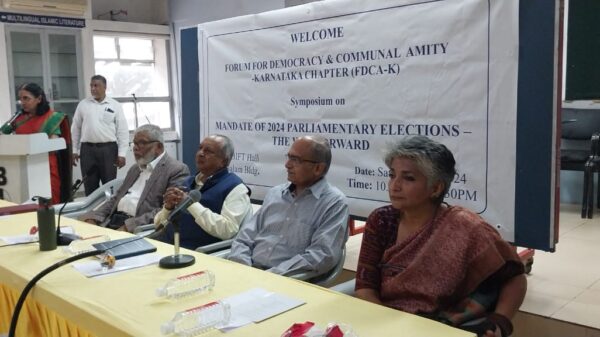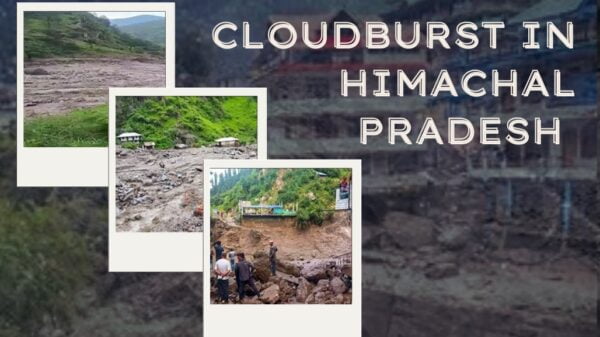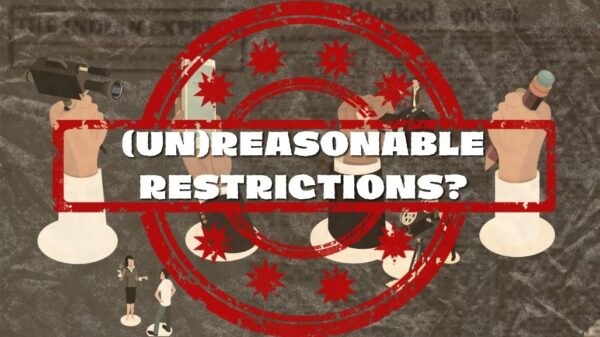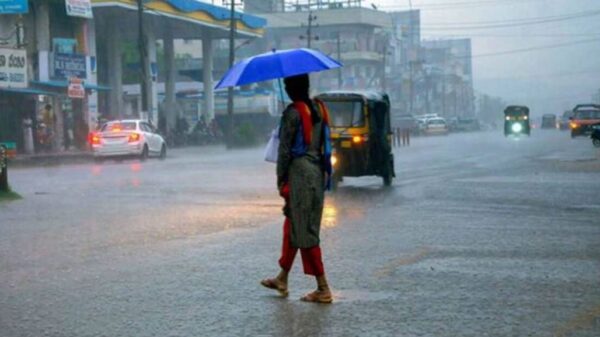India was in quite a stir after the Union government contradicted its own stance on the Rohingya refugees.
For almost a decade, the Modi-led government has been adamant on terming Rohingyas as “illegal migrants” who should be deported. A sudden change in stance, might have given a ray of hope to the refugee community, but what laid right after was a complete reversal of statements.
Rohingya’s are known as the “most persecuted minority in the world”. Faced with extreme atrocities, discrimination and genocide, Rohingya’s in India fight for their rights and most importantly, survival. Under the current circumstances, it is quite impossible for Rohingya’s to find a home in Myanmar as they are not even recognized as a citizen there.
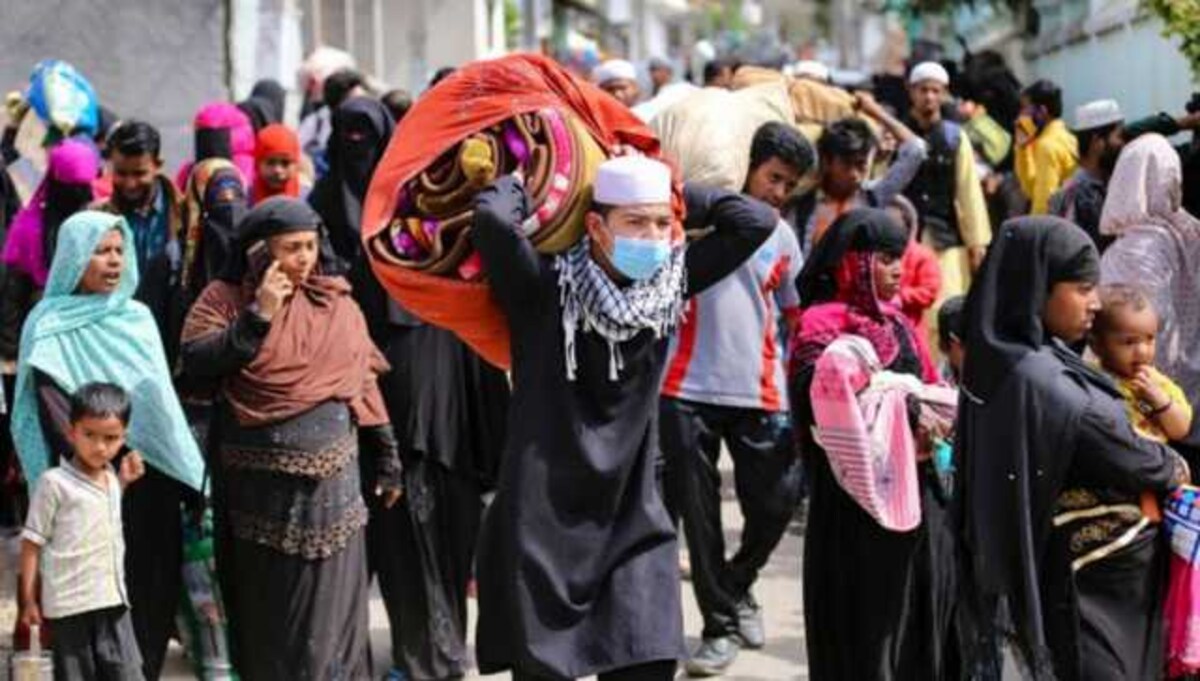
The Modi-government’s lack of attention towards the community has been interpreted as a way to trigger communal disharmony and violence by using Rohingya Muslims as a tool and refusing to provide them refuge in India plainly because they are Muslims. But, does the government’s claim of the community threatening India’s national security really hold weight?
In October 2016, a Rohingya terror group called Aqa Mul Mujahideen (AMM) was known to be in touch with terrorist outfits active in Jammu and Kashmir including Lashkar-e-Taiba (LeT) and Jaish-e-Mohammed (JeM). Furthermore, it was established that the terrorists of AMM had been trained in Pakistan. Adding to that, the AMM have been held responsible for several bombing attacks on the borders of Myanmar. Numerous terrorists from AMM had also been sent to the Kashmir Valley in 2015.
Therefore, when the government refers to the Rohingya’s as a threat to national security, they are merely trying to obstruct the flow of terror into the country keeping in mind the already existing terror threats from Pakistan.
What further contributes to the dilemmic situation of India is the country’s unstable policy on refugees. When India declared LTTE as a terrorist organization, it did not ban the entry of Tamil refugees into the country, but rather checked them for any records of affiliation to terrorism before letting them in. Therefore, a generalization of Rohingya’s as terrorists has dug a deeper hole for the government.
Moreover, the badgering of an already persecuted community sets off a row of communal oppression and ferocity. It stimulates the community to break the law and seek their rights through the medium of arms.
Before domestic politics does its best to set in motion a string of lobbied ideas, it is in the best interest of the Indian government to make a decision based on facts and in favor of the interests of India.
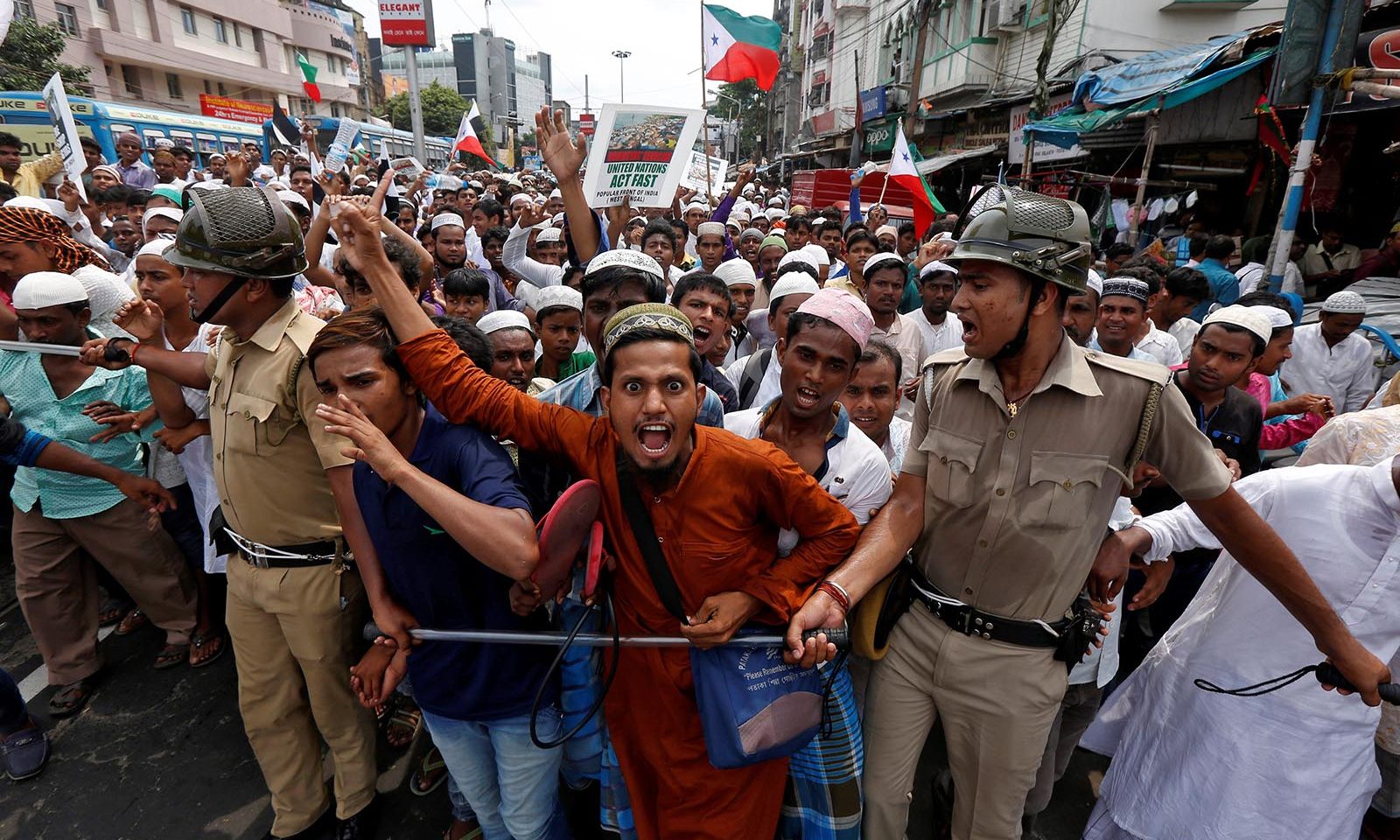
Simultaneously, in the name of “national security”, the Indian government is giving away an opportunity to various communal minorities to feel alienated in the country. Hence, as important as India’s interests and security is, it is vital to put forth these ideas baring in mind its long-term consequences. The way India is putting forward its interests right now, without any prominent action in the direction of these interests, might end up being self-defeating to the country.
Additionally, while India makes its moves, it is crucial to secure better living conditions for the minority community in the country. At the same time, if India does deport Rohingya’s back to their nation, they have to make certain that the community will remain protected.
As Rohingya’s face a fatal threat in Myanmar, India can make efforts to invest in the development of Rakhine province so as to make sure they go back home with the surety that they will not be marginalized.
All in all, the country can manage the refugee crisis in a better fashion by ensuring the Rohingya’s are able to maintain their safety. The community continued to live in horrendous conditions in India as they did not have the option to return to their nation. But if India is able to cleverly conciliate the relationship between Myanmar and Rohingyas while ensuring that the community remains protected, it will be able to escape the wrath of the UN as well as activists and other individuals in India who hold the government accountable for their mismanagement.































